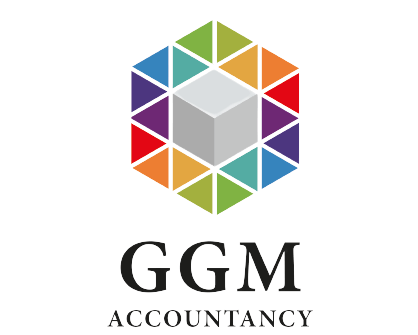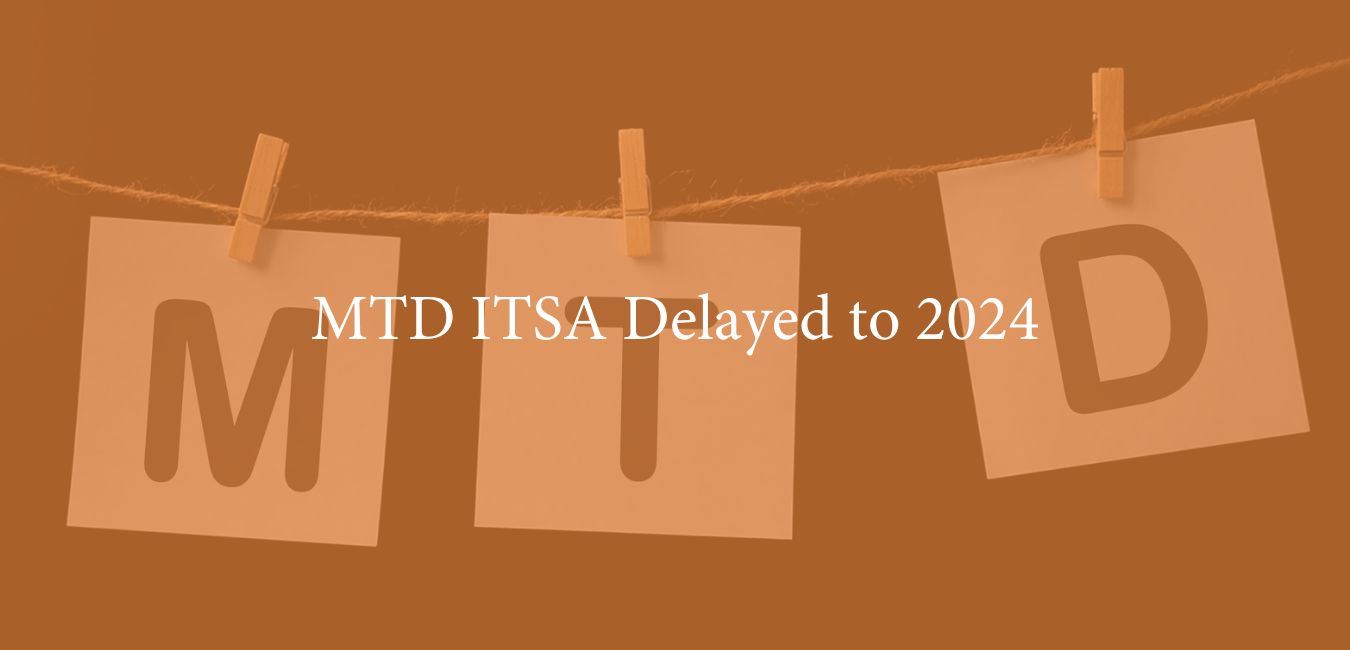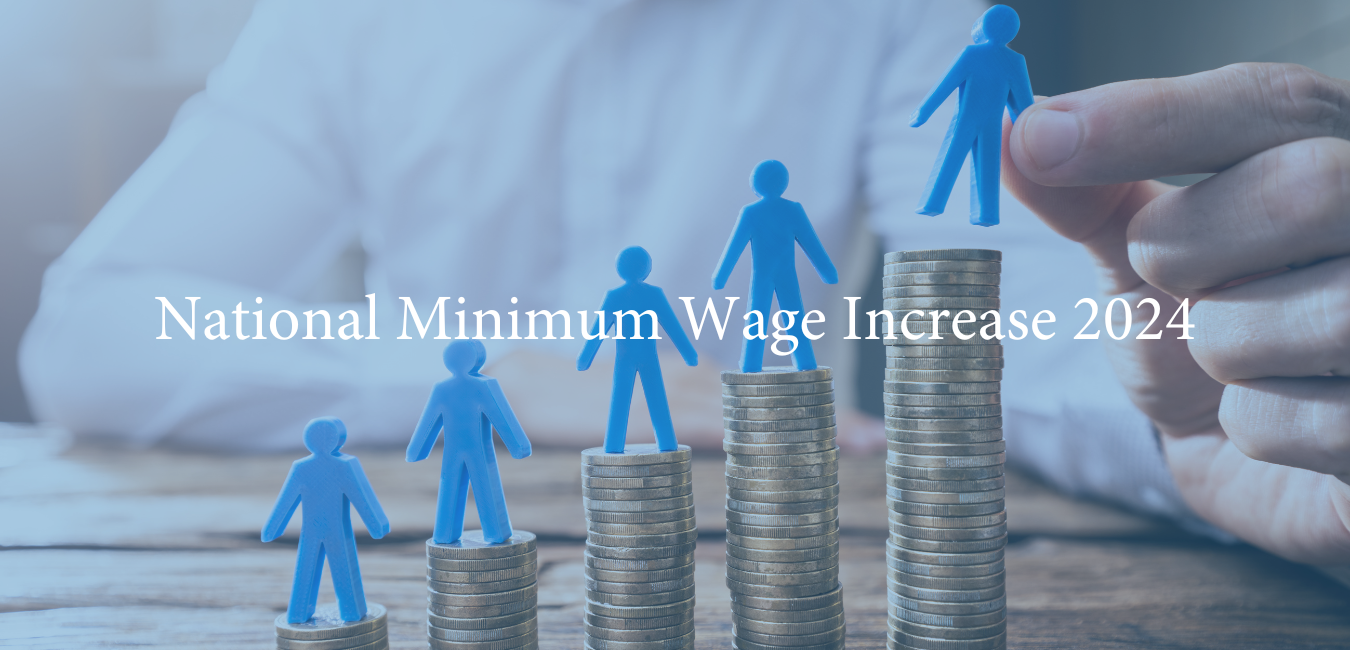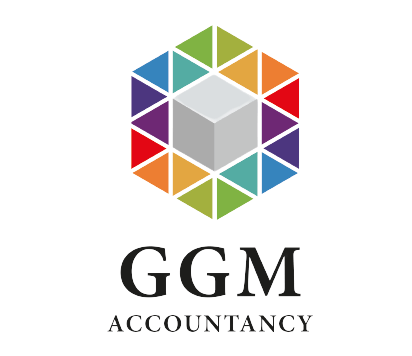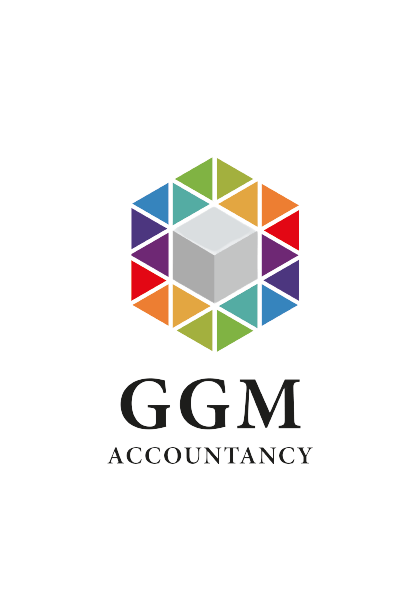MTD ITSA Delayed to 2024
The government has pushed back the start of MTD ITSA until April 6, 2024, and general partnerships will now start in 2025. The shift to a tax year basis has also been delayed until at least April 2024. It was announced in a written statement to the House of Commons on September 23, 2021, that MTD for income tax self-assessment (MTD ITSA) would be delayed yet again to April 2024.
Lucy Frazer, the new financial secretary has announced that "We recognise that, as we emerge from the pandemic, it’s critical that everyone has enough time to prepare for the change, which is why we’re giving people an extra year to do so. We remain firmly committed to Making Tax Digital and building a tax system fit for the 21st Century”.
Long-Expected
The latest delay and deferral in the MTD project, which was proposed by Chancellor George Osborne in December 2015, comes as no surprise. The MTD start date for small enterprises was originally intended to be April 2018, but the focus subsequently shifted to the MTD for VAT program. The income tax MTD timetable was put on hold while lessons were learned from the VAT roll-out.
For VAT periods beginning on and after April 1, 2019, the rate of MTD for VAT began on time for most VAT registered firms, however "complex" entities had a delayed start date of October 1, 2019. A similar deferral is now in place for general partnerships (i.e. not LLPs, mixed or corporate partnerships), with ordinary partnerships required to begin MTD ITSA by April 2025.
There is currently no indication of when further complex partnerships will be required to join MTD, and we don't know if the MTD for corporation tax project will begin as scheduled in 2026.
The Base Year
Despite the fact that the turnover for mandating into the MTD ITSA regime has been lowered to £10,000 per year, many had called for a considerably greater threshold.
As the turnover threshold is calculated based on the taxpayer's income from all of their sole-trader enterprises, as well as rental revenue, HMRC must collect data from their self-assessment tax returns. Only when the tax return totals reach £10,000 will HMRC issue a notice to file under the MTD rules.
If MTD ITSA is implemented on April 6, 2023, the turnover test would have to be applied to figures reflected in a 2021/22 tax return submitted by January 31, 2023. Many firms and landlords were negatively impacted by the epidemic, which reduced income from sales and rental properties in both years.
Business turnover would increase among companies receiving local government subsidies for businesses paying business rates. The SEISS payments should not have been included in commercial turnover, but some taxpayers have reported them as such, necessitating HMRC's making many adjustments to taxpayers' self-assessments for 2020/21 and maybe also 2021/22.
The turnover threshold will be tested in the tax year 2022/23, with the starting year for MTD ITSA being April 2024. Because of Covid-related grants, the turnover figures for that year should not be affected and hopefully will represent ordinary trade beyond the pandemic for most enterprises.
Tax Year Basis
When the consultation on changing to the tax year basis of assessment was announced in July 2021, critics stated that there wasn't enough time to enact such a fundamental change to tax law before the MTD ITSA's deadline.
The goal was for all unincorporated firms to convert to a tax year basis before the introduction of MTD ITSA in 2023, but this would make 2022/23 a tough transitional year.
More than 12 months of profits would be assessed in 2022/23 for businesses with an accounting year-end that does not correspond to the tax year. This would have a cascading effect on a number of allowances and fees, including NIC, student loan repayments, and capital allowances, to mention a few. There simply wasn't enough time to make changes to regulations in all of the affected sectors before April 2022.
Furthermore, using the tax year basis would bring forward the start of MTD ITSA for businesses with a 31 March year-end from April 1, 2024, to April 6, 2023 - which caught many accountants and firms off-guard.
The new financial secretary to the Treasury, in their official statement, confirmed that the shift to a tax year basis will not take effect before April 2024 at the earliest, with a transition year no earlier than 2023. The government will respond to the public consultation on basis periods "in due course". However, because of the way this statement is worded, it appears as though the change to the tax year basis is anything but certain.
Menu
Get In Touch
Tel: 01733 247500
Email: admin@ggmaccountancy.co.uk
Office: Unit 12, Broadway Shopping Centre
Malting Square, Yaxley, Peterborough
PE7 3JJ
Sign Up To Our Newsletter
Contact Us
We will get back to you as soon as possible
Please try again later
Proud Partners Of
Menu
Get In Touch
Tel: 01733 247500
Email: admin@ggmaccountancy.co.uk
Office: 42 Tyndall Court, Commerce Road
Lynch Wood, Peterborough, PE2 6LR
Follow Us On Social Media
Sign Up To Our Newsletter
Contact Us
We will get back to you as soon as possible
Please try again later
All Rights Reserved | GGM Accountancy Ltd | Website designed by Onelink Media
